
USA TODAY 'One of Turkey's greatest assets'
Turkish economy caught between Iraq and a hard place
Since the 1980s, Turkey has positioned itself as a major manufacturing center with a focus on exports. It's Europe's largest commercial vehicle producer, the 16th-largest manufacturer of motor vehicles, and Europe's largest manufacturer of home appliances and televisions.
But the rapid growth of Turkey's export economy has been overshadowed in recent news by political and economic uncertainty. The rise of the Islamic State in neighboring Iraq, civil war in Syria, fears about energy independence and internal political strife all muddy the plot of an otherwise straightforward economic success story.
A diversified portfolio
According to Andrew Birch, a principal economist for IHS, Turkey's costs, location and labor force put the country at a strategic advantage.
"They've got lower wages than everywhere else in Europe," he said. "Quality is generally perceived to be higher than what many factories in China are capable of, and transportation costs to Europe are much lower."
For instance, Istanbul-based Arçelik, pronounced "AR-che-lik," has grown into one of the world's largest manufacturers of televisions and home appliances. It sells a line of compact appliances under the Blomberg name in the U.S., and its Beko brand is a market leader in the UK.
But Arçelik also owns leading brands in places like Poland, South Africa and Romania. That's helped the company grow as middle-class customers outfit kitchens and laundry rooms in emerging markets.
By selling products in Africa, Russia, South America and the Middle East — in addition to Europe and North America — Arçelik and other Turkish manufacturers have also shielded themselves from some of the effects of Europe's economic downturn.
"They did diversify their markets at the height of the crisis in Europe, and that turned out to be a good move," said Baris Ornarli of the Turkish Industry and Business Association. "It's been positive growth despite the depth of the economic crisis."
Threats to prosperity
Of course, one of Turkey's greatest assets — its location — is also a potential drawback. Turkey borders Islamic State-controlled territory in Iraq and Syria. That not only makes foreign investors nervous but also has more immediate effects.
According to Ornarli, exports to Iraq, once Turkey's second largest trade partner, plummeted between 25% and 30% following the fall of Mosul to the Islamic State in June.
"We're seeing that geopolitical instability in the region has concrete economic consequences," he said.
In addition, Turkey's manufacturing sector is vulnerable to disruption of its energy supply. Despite its proximity to oil-rich states, Turkey possesses few easily tapped energy resources of its own. The country is almost entirely reliant on imports—either natural gas from Russia or oil that passes through Iraq—putting it in a difficult diplomatic position.
"That's a huge vulnerability, especially for manufacturing," Birch said.
Internal strife
Other threats come from within. While the ruling Justice and Development Party has a track record of pro-business policies, President Recep Tayip Erdogan has been accused of bullying companies that have opposed him.
"Any company that has found itself on the wrong side of the political spectrum has to keep one eye on the government to make sure there's not some new tax levied on them, or some new regulations imposed on their particular area," Birch said.
For instance, some analysts suspect that a recent audit of Arçelik's parent company, Koç Holding, was less about finance and more about payback. It came on the heels of last year's Taksim Square protests, when a Koç-owned hotel opened its lobby to demonstrators who sought refuge from police tear gas.
"Erdogan has some economic leadership right now that is trusted by the investment community, but he has to let them do their job," Birch said. "Right now there's so much grandstanding at the top level that it's a major disadvantage."
A renewed focus
Turkey can't choose its neighbors. But in order to safeguard economic growth, Turkish manufacturers need to continue taking advantage of the country's location, selling finished goods in as many markets as possible.
Recent moves toward energy independence — including plans to take advantage of renewable resources — are a step in the right direction. Policymakers must also put aside political score settling and instead focus on growth.
"There's great potential here for Turkey to become one of the leading countries in manufacturing — in manufacturing of consumer goods, and exporting them as well," Ornarli said.
If that potential is realized, more products worldwide could bear a "Made in Turkey" label.
usatoday
Bu haber toplam 1219 defa okunmuştur




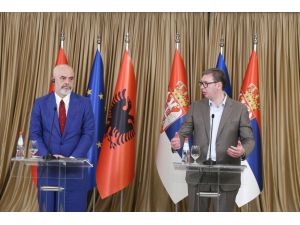
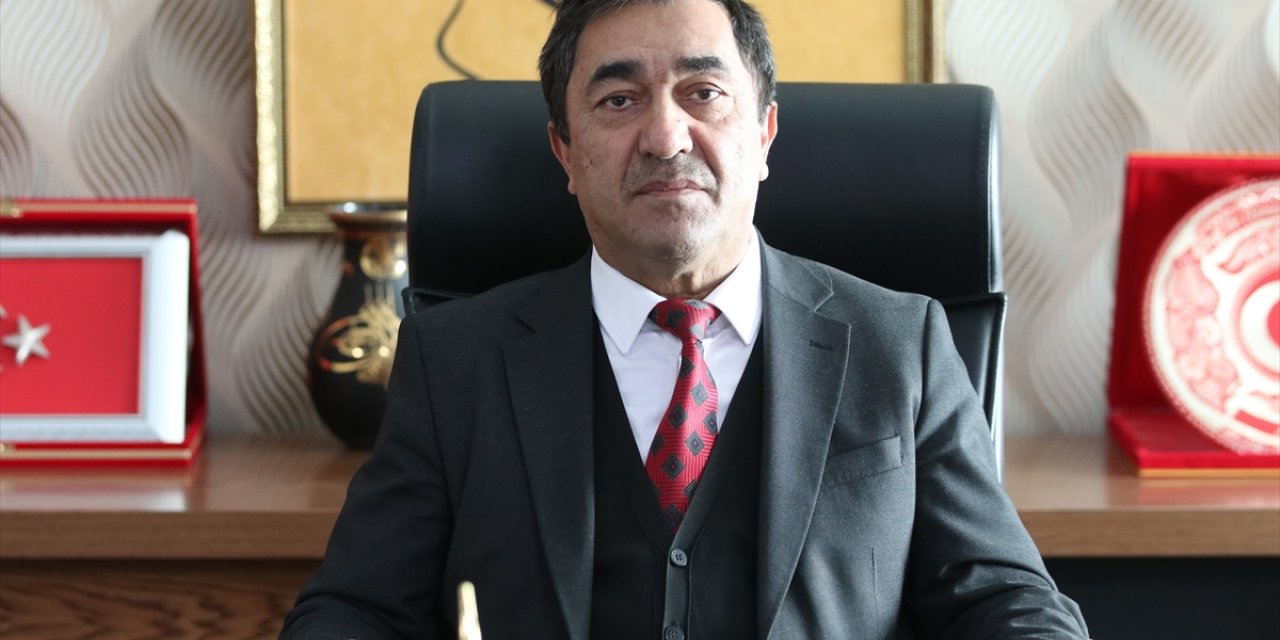
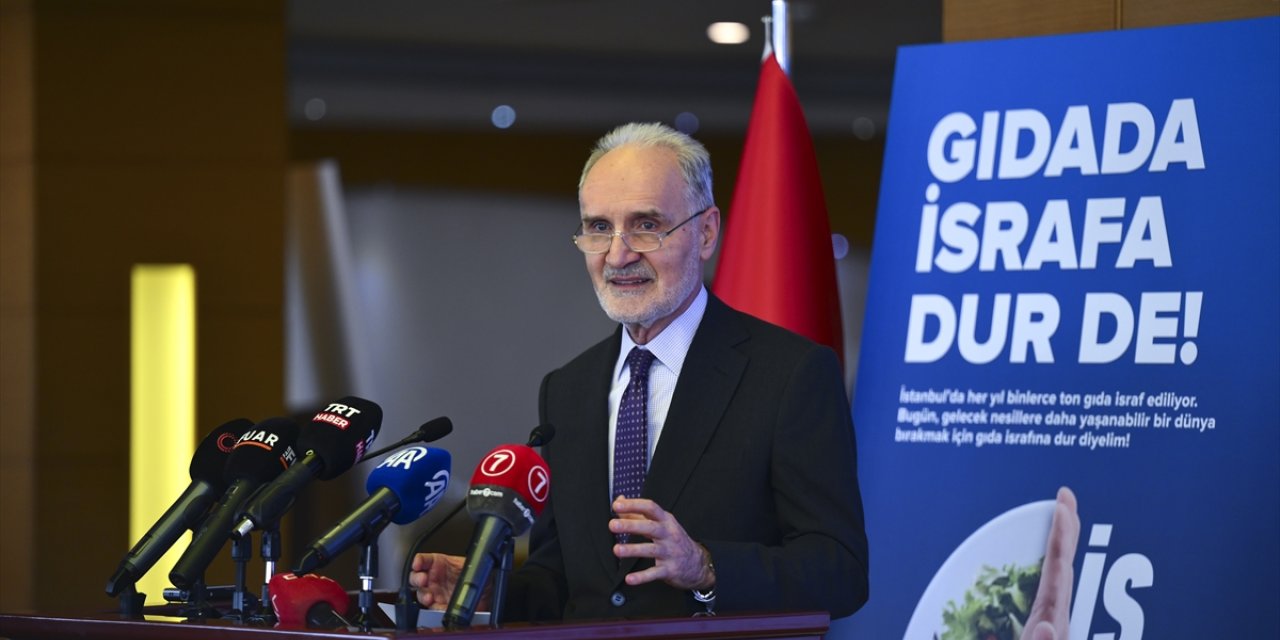

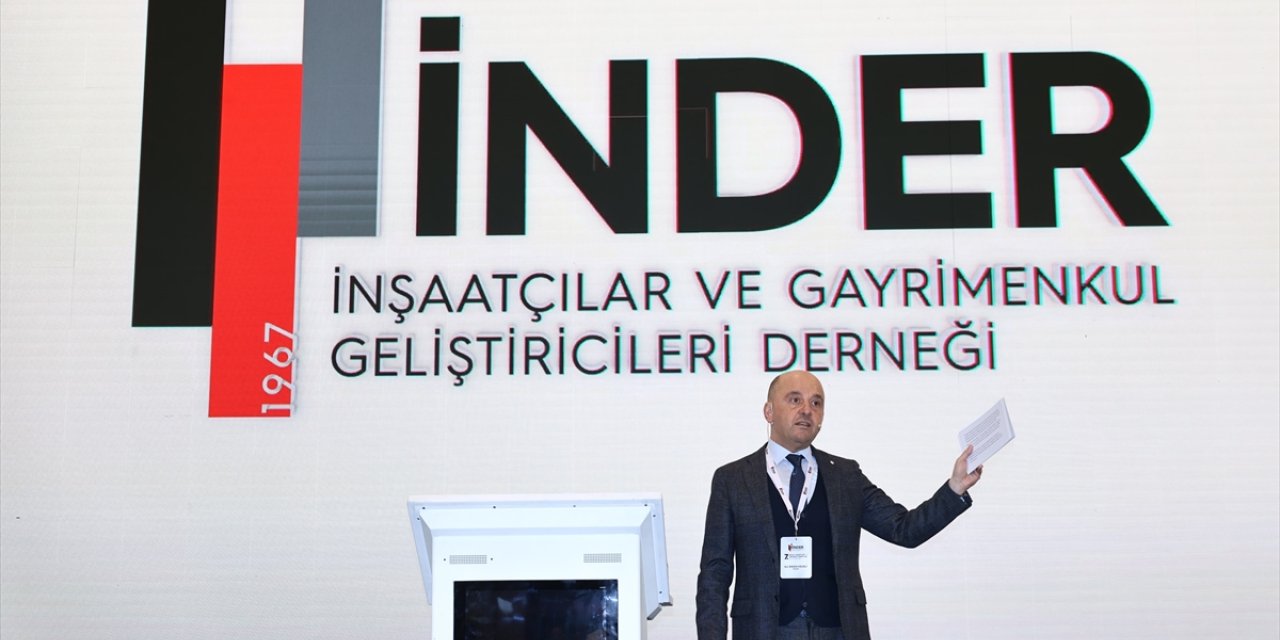
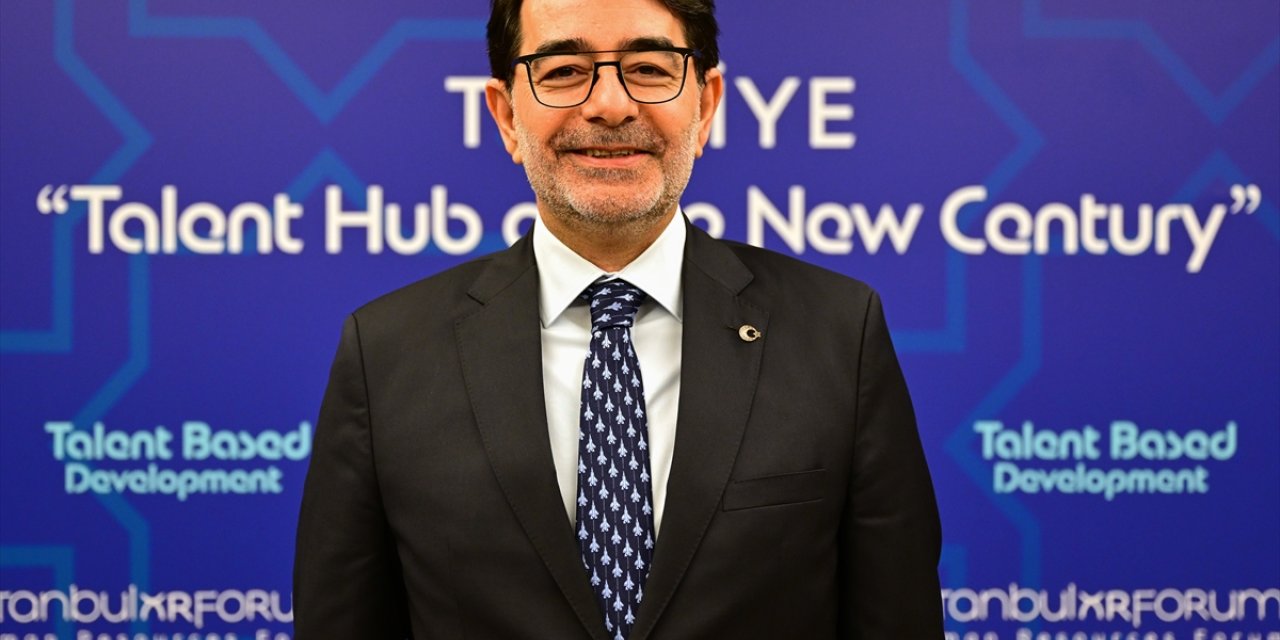
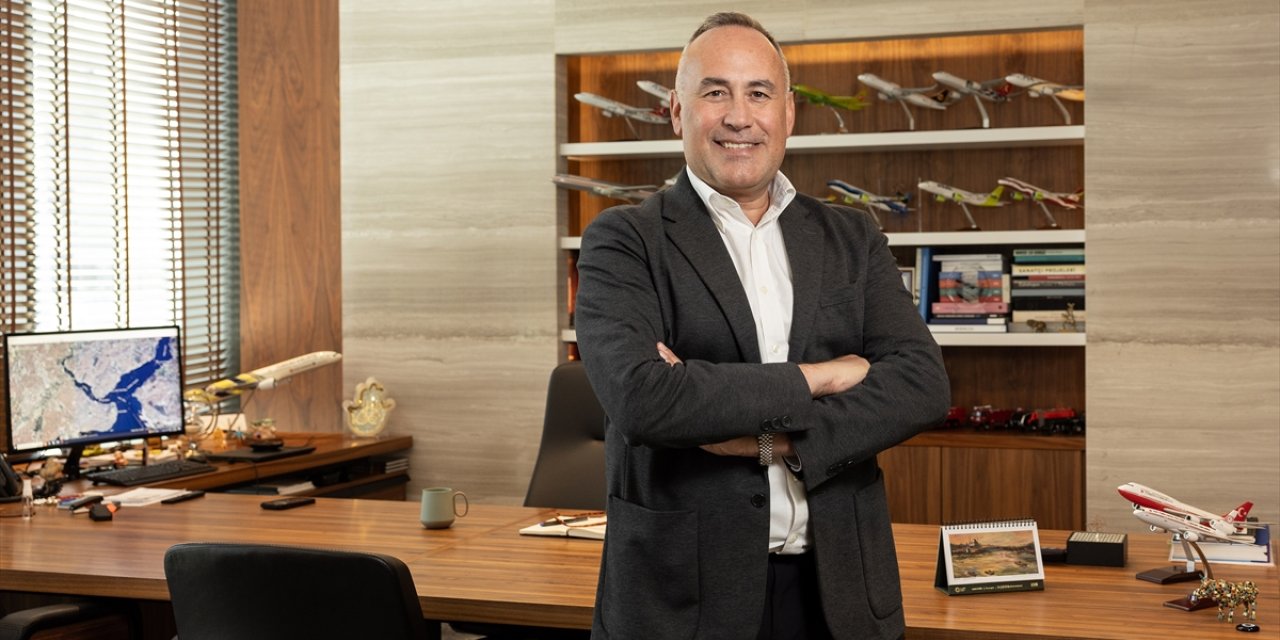
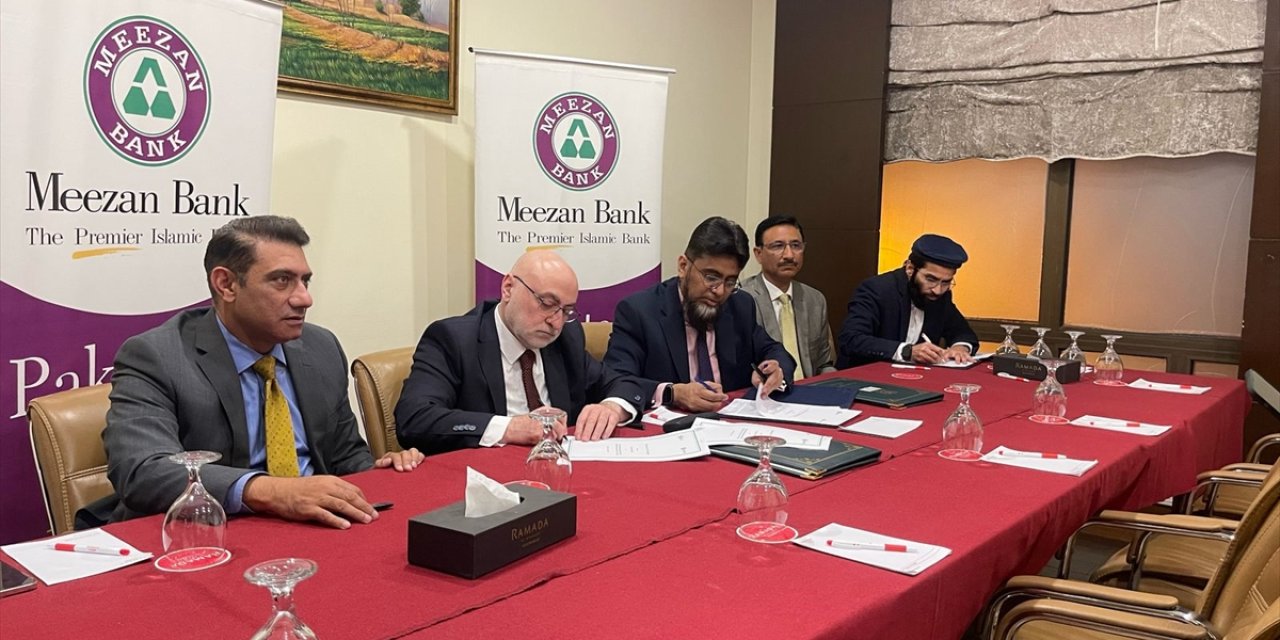
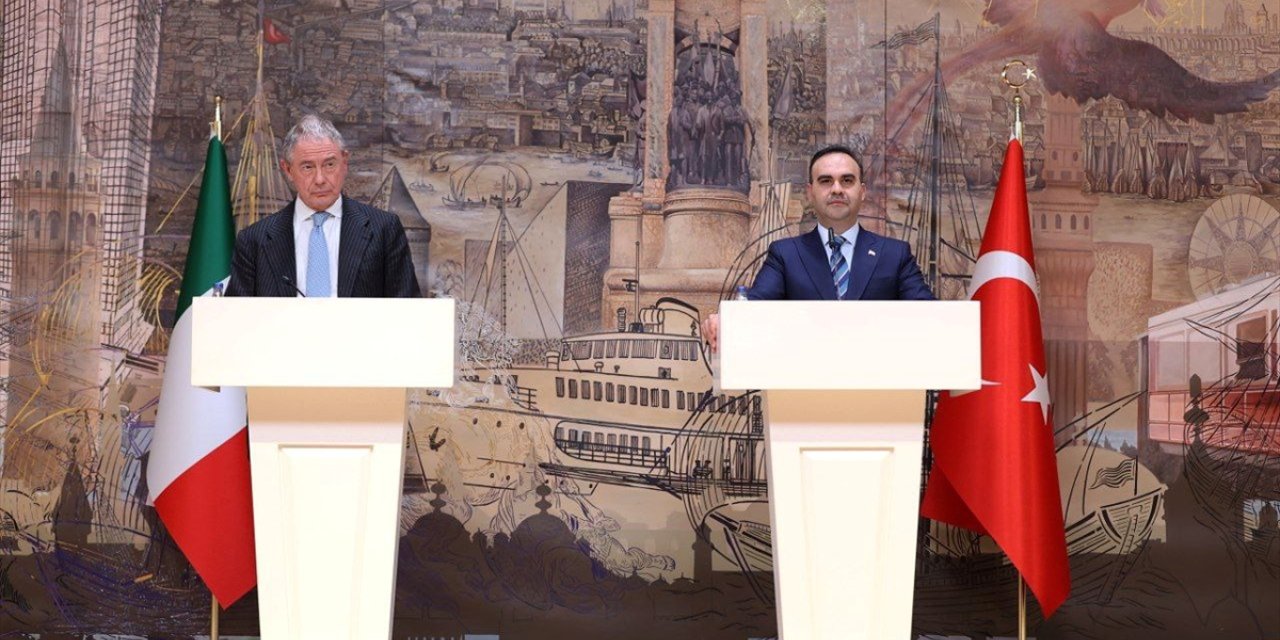
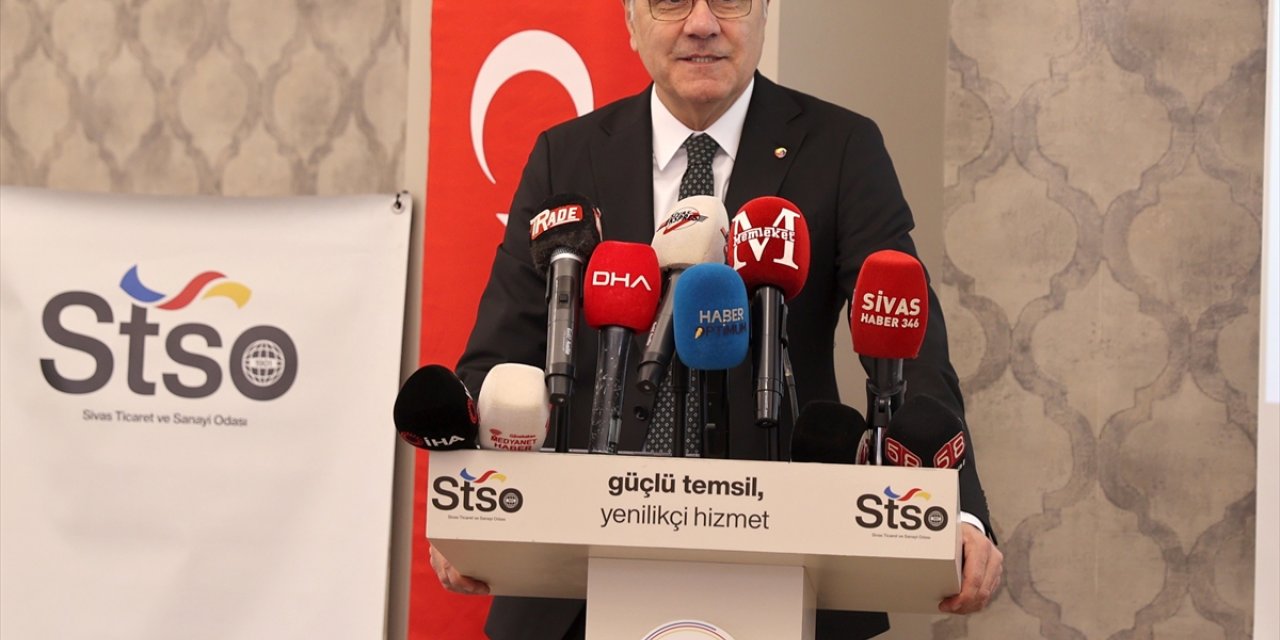
Türkçe karakter kullanılmayan ve büyük harflerle yazılmış yorumlar onaylanmamaktadır.